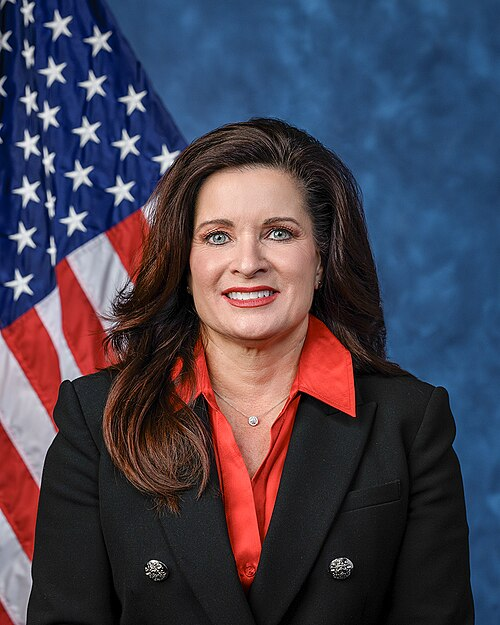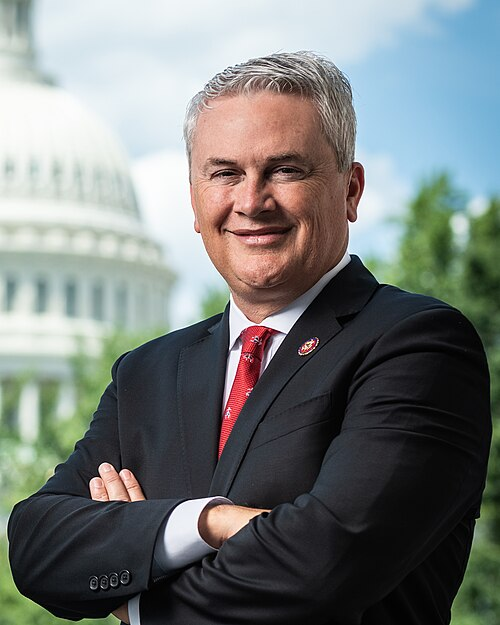H.R. 3402: To amend the Securities Exchange Act of 1934 to require certain disclosures by institutional investment managers in connection with proxy advisory firms, and for other purposes.
This bill aims to amend the Securities Exchange Act of 1934 to implement new disclosure requirements for institutional investment managers regarding their interactions with proxy advisory firms. Here are the main components of the bill:
Duties of Institutional Investment Managers
The bill requires every institutional investment manager who uses mail or other means to engage with proxy advisory firms and exercises voting power on behalf of their clients to file an annual report with the Securities and Exchange Commission (SEC). The report must include:
- An explanation of how the manager voted on each shareholder proposal.
- The percentage of votes consistent with the recommendations of proxy advisory firms they engaged.
- Details of how the manager considered the recommendations from proxy advisory firms, including:
- How much they relied on these recommendations.
- The frequency of votes aligning with those recommendations.
- How they ensured their voting aligned with their fiduciary duty to act in the best interests of the shareholders.
- Instances when their voting decisions changed due to errors or new information.
- The involvement of investment professionals in the voting decisions.
- A certification that their voting decisions were made with the shareholders' best economic interests in mind.
Requirements for Larger Institutional Investment Managers
For managers with over $100 billion in assets under management, the bill stipulates additional responsibilities:
- They must clarify in any materials provided to customers that shareholders are not required to vote on every proposal.
- Before voting on any shareholder proposal (except those consistent with a majority-independent board's recommendation), they must conduct an economic analysis to ensure the vote aligns with the shareholders' best interests.
- Each economic analysis must be included in the annual report to the SEC.
Definitions
The bill also provides crucial definitions. For example:
- Best Economic Interest: This refers to decisions that seek to maximize investment returns based on the fund’s objectives and risk management profile.
- Proxy Advisory Firm: This is defined as a business primarily engaged in providing voting advice, research, analysis, or recommendations. Certain exemptions may apply under existing laws.
Overall Impact
The intent of the bill is to increase transparency in how institutional investment managers utilize proxy advisory firms and to ensure votes are made in the utmost interest of shareholders. This could potentially lead to changes in how investment managers approach voting on shareholder proposals and their relationship with proxy advisory companies.
Relevant Companies
- BLK (BlackRock, Inc.): As a major institutional investment manager, BlackRock may face increased compliance costs and changes in voting practices related to the bill's requirements.
- Vanguard Group, Inc.: Similar to BlackRock, Vanguard, being one of the largest asset managers, would likely need to adapt its processes and reporting to meet the new disclosures mandated by the bill.
- SGC (State Street Corporation): State Street may also be affected by the regulations regarding proxy advisory firms and would need to ensure adherence to the new voting and reporting standards.
This is an AI-generated summary of the bill text. There may be mistakes.
Sponsors
1 sponsor
Actions
2 actions
| Date | Action |
|---|---|
| May. 14, 2025 | Introduced in House |
| May. 14, 2025 | Referred to the House Committee on Financial Services. |
Corporate Lobbying
0 companies lobbying
None found.
* Note that there can be significant delays in lobbying disclosures, and our data may be incomplete.
















